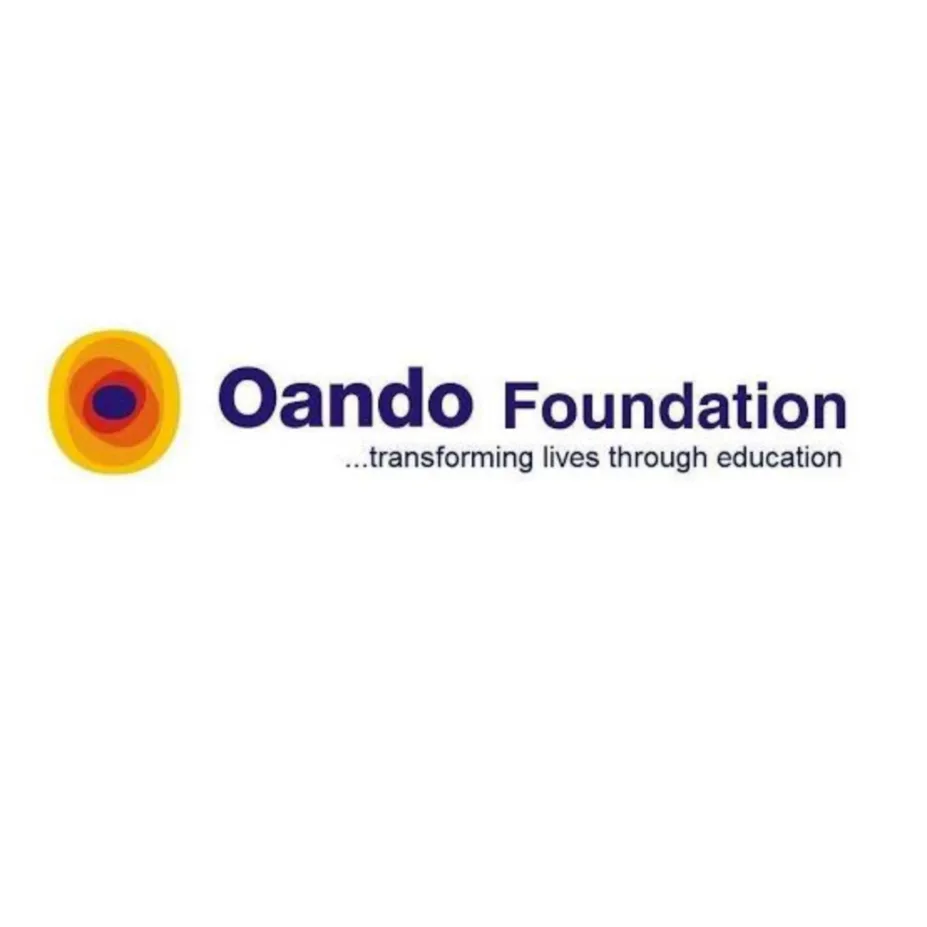Oando Foundation in partnership with Teaching at the Right Level (TaRL) Africa, Quality Education Development Associates (QEDA), and Hilltrust Top Foundation, yesterday, unveiled a new learning progress report aimed at tackling Nigeria’s education challenges. The initiative, which focuses on improving foundational learning, is being implemented in Ebonyi, Plateau, Sokoto, and Adamawa States.
The report was presented at the Foundational Learning Improvement Programme (LEARNOVATE – FLIP) dissemination workshop in Abuja. It highlighted the progress of the project, which uses community-based learning hubs and localised teaching materials to improve reading and numeracy skills among pupils.
Head of Oando Foundation, Tonia Uduimoh, said urgent action was required to address Nigeria’s worsening learning crisis. She warned that 70 per cent of children cannot read with understanding or solve simple mathematics problems, while almost 9 million children remain out of school.
“Statistics remain sobering, and if left unaddressed, this crisis will continue to limit opportunities for our young people and weaken Nigeria’s competitiveness in the global economy,” Uduimoh said.
She explained that the programme had shown that innovation, collaboration, and community ownership could help reverse the situation. According to her, FLIP was introduced in Adamawa, Ebonyi, Plateau, and Sokoto States to strengthen literacy and numeracy among primary school pupils. The programme deployed Early Grade Reading (EGR) in mother tongue for pupils in Primary one to three and adopted the Teaching at the Right Level (TaRL) model for pupils in Primary four to six who had advanced without mastering basic skills.
Uduimoh said the programme had also strengthened teacher capacity, developed culturally relevant assessment tools, enhanced school support systems, and tested scalable models to improve learning outcomes. She added that the dissemination workshop offered a platform to share lessons, present results, and chart strategies for policy integration, financing, and long-term collaboration.
“We must move beyond pilots and into systemic change, ensuring that every Nigerian child has the foundation they need to learn, grow, and thrive,” she added, while expressing appreciation to all partners involved.
Founder of QEDA, Nurudeen Lawal, commended Oando Foundation for supporting education at a time when global funding was shrinking. He described the intervention as both humbling and inspiring.
“For the past 15 to 20 years, we have been working to improve learning outcomes in Nigeria and across Sub-Saharan Africa,” he said. “At a time when global support is shrinking, seeing the Oando Foundation keep the fire burning is deeply inspiring. It gives hope to other organisations that they too can play a role in transforming education in Nigeria.”
Lawal noted that commissioners, SUBEB chairpersons, and teachers in some states had shown strong involvement in the programme through teacher training, learning material development, and other initiatives. While acknowledging the early impact, he pointed out the magnitude of the challenge.
“Nigeria has nearly 40 million school-age children. In one state alone, there are almost 5 million children in primary school, about the same as the entire population of Rwanda. This reminds us that the task ahead is massive and requires home-grown, sustainable solutions,” he added.
He urged more corporate and philanthropic organisations to follow Oando Foundation’s example by investing in education. “As I look at the faces of the children, I see the future of Nigeria. If they succeed, Nigeria will succeed,” Lawal said.
The Country Director of Teach at the Right Level, Hafsatu Hamza, expressed concern about the increasing number of out-of-school children and the deepening learning poverty in Nigeria. She said greater investment in innovative approaches would bring improvements in classrooms.
“We must continue to champion foundational learning and build resilience in children so they can fully develop their potential,” she said, praising the foundation for its commitment to ensuring that no child is left behind.
Program Coordinator of Hilltrust Top Foundation, Dr. Adeyemo Adeyemi, also welcomed the initiative, noting that the resources deployed were already producing results.
Similarly, Executive Secretary of the Universal Basic Education Commission (UBEC), Aisha Garba, represented by Deputy Director, Patience Obasi, stressed the importance of collaboration with stakeholders to strengthen basic education.
“When our children acquire reading skills early, their overall learning outcomes improve,” she said.
Director of Basic Education at the Federal Ministry of Education, Dr. Folake Olatunji-David, described foundational learning as the bedrock of education, emphasising the role of well-trained teachers.
“The educational development of our children is a shared responsibility,” she stated. “This initiative has spotlighted teacher development and evidence-based policy as critical to ensuring effective learning.”
She called on all stakeholders to scale up the model, adding: “Together, we can reduce learning poverty and guarantee that no child is left behind.”

